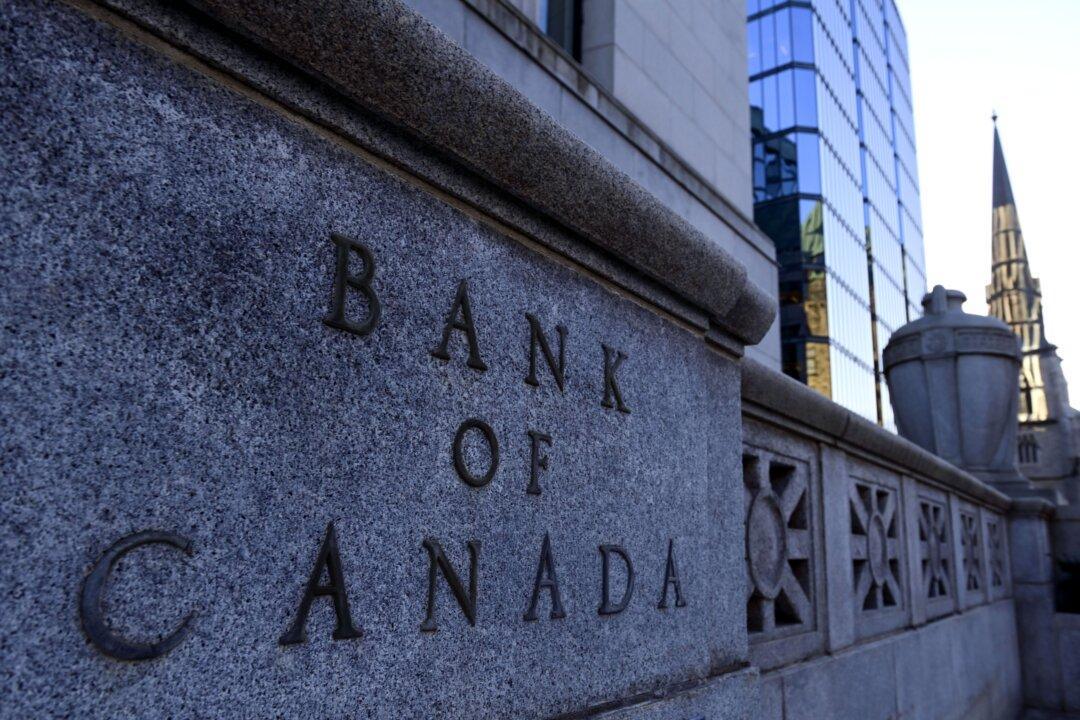The money supply in Canada and the United States is substantially increasing, leading some to believe higher inflation will inevitably follow.
The Bank of Canada tripled its balance sheet between early March and end of April 2020 as federal responses to the pandemic created large deficits. This increased the money supply of cash and chequing deposits by 30 percent, an amount much higher than the typical 7 percent annual increase of recent years.





